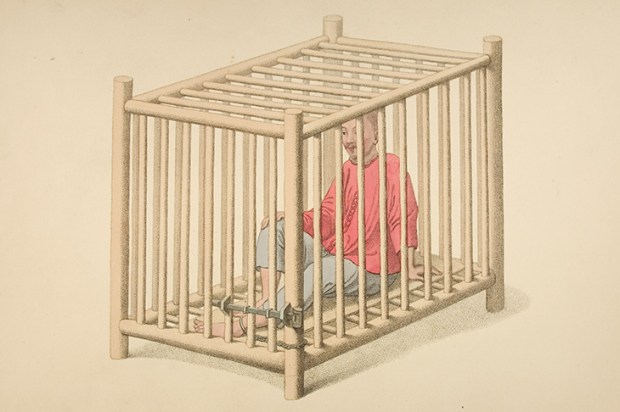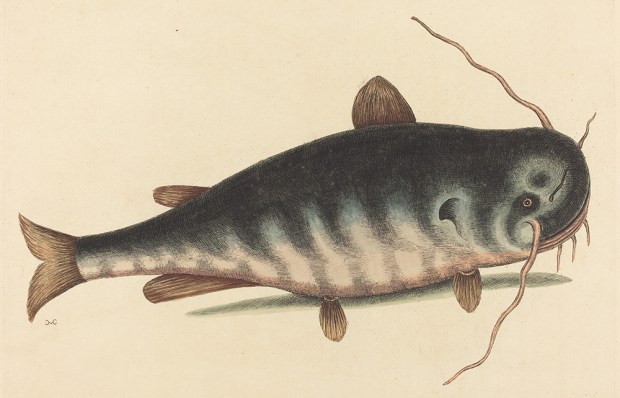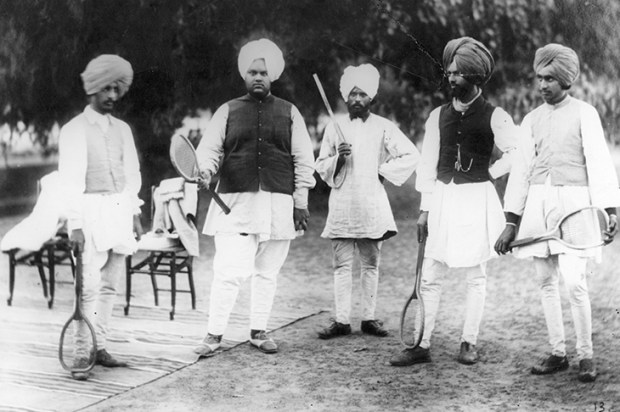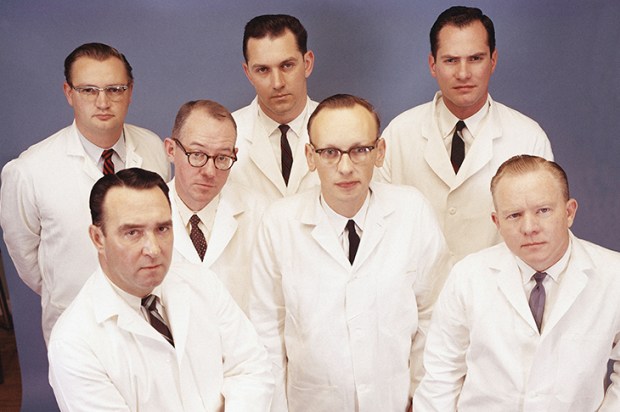In the light of the attempted assassination of Donald Trump we need to look at this term ‘assassination’. The core word ‘assassin’ (in the sense that we use the word) is recorded in English from the 1500s – so this is nothing new. What is intriguing is the way that ‘assassin’ has been derived from ‘hashish’ (the mind-altering drug of cannabis resin).
The story (that is circulated widely) is that back in medieval times there was band of fanatical Islamic killers who got themselves high on hashish before murdering their political enemies. Hence the shift from ‘hashish’ to ‘assassin’ (the killer of a prominent figure in a planned attack).
And there seems to be some truth in the story. It’s all just a bit more complicated than that. The Arabic name ‘assassin’ was probably originally given as a nickname to the members of the Nizari sect of the Ismaili branch of Islam. It’s suggested that the members of the sect were so called either because they were actually addicted to hashish, or because they were encouraged by their supposed leader, the ‘Old Man of the Mountain’, to consume hashish before being sent on a mission to assassinate Christian or Muslim adversaries, so that, from the resulting hallucinatory visions, the members might gain a foretaste of the joys of paradise which, they believed, awaited them on completion of their mission.
That story seems to go back to the 12th century. However, the Oxford says it is almost certainly a folk tale. Well, whether true of not, it gives us the word ‘assassination’ and connects its derivation to ‘hashish.’
The attempt to assassinate Trump is the second time such an attempt has been made on a presidential candidate. On October 14, 1912, Teddy Roosevelt was shot in the chest at a campaign rally. The bullet passed through his steel glasses case, and a 50-page document, both of which were in his top pocket, before lodging in a shallow wound in his chest. The bullet had lost its force passing through the steel of the glasses case and the thick wad of pages (of the speech he was about to deliver). Roosevelt’s comment was, ‘It takes more than that to kill a Bull Moose.’
Now, it has happened again on the campaign trail – and what impact this attempted assassination of Trump will have on the 2024 American presidential election remains to be seen.
At the recent Spectator Australia Toby Young lunch a reader asked me about the expression ‘neocon’. She said it crops up from time to time with no definition and no explanation. Can I help? Its linguistic origin is clear enough – as the abbreviated name for ‘neo’ (or new) conservatives. But what bundle of attitudes is it meant to capture? What made them ‘new’ rather than ‘old’ and traditional?
The knowledgeable William Safire (in Safire’s Political Dictionary, OUP, 2008 edition) traces this abbreviation back to 1971 and to a group of commentators gathered around Irvin Kristol and Daniel Moynihan. He says it started as a name for a bunch of former lefties who had become disillusioned by the utopian ideology of socialism with its ‘command and control’ view of government. They embraced, said Safire, some key conservative principles such as personal liberty free from excessive government meddling. These are the people who applauded Ronald Reagan’s famous line: ‘The most frightening words in the English language are, “I’m from the government and I’m here to help.”’
But, says Safire, they retained a fondness for the welfare state in some form, and asserted the need for the community to collectively care for the weakest. At the same time they despised the values of the old 1960s counterculture (now the ruling elite) aimed at turning traditional values upside down. With considerable foresight, many neocons were particularly alarmed by what they believed were the anti-Semitic sentiments brewing inside the political left. I remain a little uncertain as to what divides ‘neocons’ from regular old conservatives. Is it any more than hair-splitting ‘angels dancing on the head of pin’ political doctrines?
Got something to add? Join the discussion and comment below.
Contact Kel at ozwords.com.au
You might disagree with half of it, but you’ll enjoy reading all of it. Try your first month for free, then just $2 a week for the remainder of your first year.













